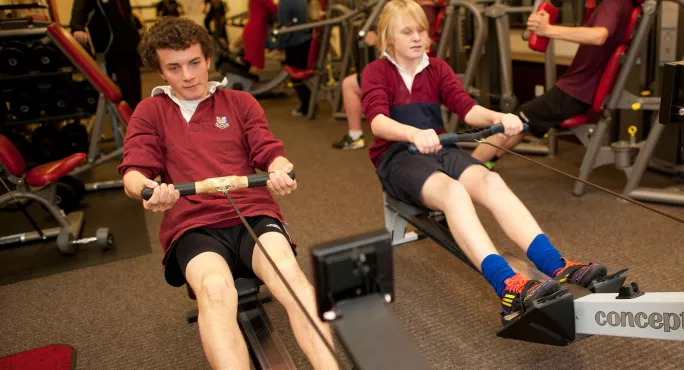Using real-time knowledge of pupils’ strengths and weaknesses can help teachers to boost Year 11 students’ progress by two extra months, according to new research.
This could involve asking all students to show their response to a question at the same time - perhaps by holding up their answers on a mini-whiteboard or slate.
The teacher can decide whether they need to review the material with the whole class, to identify a small number of pupils needing individual help, or ask the pupils to discuss their answers with their peers.
A trial has shown this type of “formative assessment” to be helpful for GCSE students, according to findings published by the Education Endowment Foundation (EEF) today.
The trial involved 140 English schools, and 25,000 Year 10 and 11 pupils, taking part in a randomised controlled trial of Embedding Formative Assessment, a professional development programme that supports teachers to use regular, informal assessments to identify their individual students’ strengths and weaknesses.
Delivered by the Schools, Students and Teachers network and based on the work of Professor Dylan Wiliam and Siobhan Leahy, the trial ran from September 2015 - July 2017.
Evidence from the EEF’s Teaching and Learning Toolkit suggests that high-quality feedback can be one of the most cost-effective ways of boosting pupil attainment.
The impact of feedback in the classroom
But while, many schools already use formative assessment strategies - where teachers make decisions, minute-by-minute and day-by-day, about how best to improve their pupils’ learning - they are seen as challenging to implement.
In the EEF trial, schools received detailed resource packs to run highly-structured monthly workshops. All teaching staff were involved, and were split into groups of eight to 14 people.
In these sessions, teachers discussed different formative assessment strategies and received support to change their practice and embed their use in the classroom.
In between workshop sessions, teachers were expected to observe their peers’ lessons and provide feedback to each other.
Independent evaluators found that students whose teachers were trained in this approach made two months more progress than a similar group of pupils whose teachers did not receive the intervention.
The EEF says the findings have a very high level of security as it was a large and well-run trial, which means it has confidence in the results.
Teachers appeared to implement the techniques more with younger pupils, so the effects of the intervention may be greater over the long-term.
The evaluators also found some tentative results that pupils with lower prior attainment made more progress than their classmates.
The teachers who took part were largely positive about the programme. They felt that they improved their teaching by sharing knowledge with their colleagues and experimenting with different strategies.
The EEF will now explore ways to support more schools to use the programme.
Sir Kevan Collins, EEF chief executive, said: “We know that feedback can be one of the most effective ways of improving outcomes for pupils - but integrating feedback approaches in ways which result in better outcome for students is notoriously difficult.
“So the results of this trial are hugely encouraging and provide very practical ways for teachers to realise the promise of feedback in the classroom.
“The fact there is some tentative evidence that the approach particularly benefits poorer students is especially promising, as we look for more ways to galvanise the evidence base to narrow the attainment gap.”




